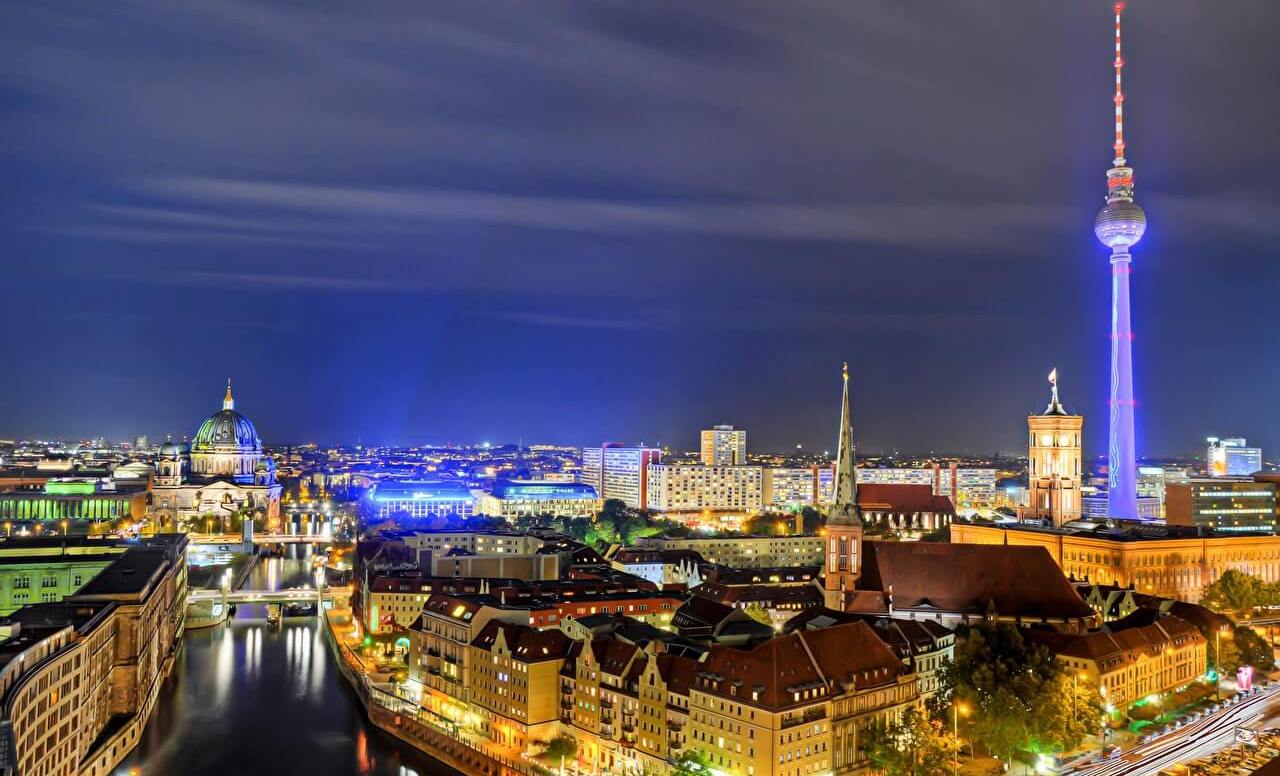
The Role of Tourism and Hospitality in a Country’s Economy
Did you know that every tenth job in the world is a result of the global tourism and hospitality industry? Many reports suggest that this global industry has an annual economic turnover of over $7.6 trillion.
The tourism and hospitality industry contributes significantly towards every country’s economy. For naturally beautiful locations like Switzerland and Germany, the sector acts as life support by generating more employment and revenue. The commercial activities associated with the industry also provide further employment for local communities.
For anyone interested in a tourism and hospitality management career, it is essential to learn about the role of tourism in economic growth.
What is Tourism and Hospitality?
Tourism and hospitality is a multidisciplinary field that constantly evolves in line with current customer trends and demands. As globalisation continues to increase, the booming tourism and hospitality industry is growing at an unprecedented rate.
Tourism and hospitality have the shared goal of creating memorable experiences for travellers, providing high-quality services and catering to various customer requirements. The sectors strategically combine, with tourism driving demand for hospitality services and hospitality providing positive experiences, leading to a higher number of tourists in a destination.
The industry has a significant impact on the global and local economies, with tourism and hospitality management providing employment opportunities, developing infrastructure and generating revenue
How does Tourism and Hospitality Impact a Country’s Economy?
- Good Source of Local and National Employment
The most significant contribution of the tourism and hospitality industry in any country or region is the creation of new jobs. When people travel abroad, they usually want to visit places of natural beauty or historic significance. This creates new job opportunities, such as tour planners and operators, travel guides and consultants.
The German hospitality industry is a great example here. According to Statista, the German hospitality industry recorded over 1.1 million employees subject to social security payments in 2024. This highlights significant industry growth, with 727,000 employees recorded in 2004.
The tourism contribution to economic development can’t be ignored either. The tourism industry’s revenue helps the government build the necessary infrastructure like bridges and rail-lines, which furthers the development of those regions.
- Boosts Local Industries
By increasing the amount of footfall in a country, the tourism sector also boosts other industries. The local service sector, including food production, automobiles and catering companies, can also benefit from an increased number of tourists.
A German government report published in 2014 suggested that the local logistics and vehicle repair services in major German cities like Berlin benefited greatly from the increase in the number of tourists that year. This demonstrates the role of tourism and hospitality in economic development, as it stimulates local business expansion and revenue generation.
- Generates Useful Foreign Exchange
When foreign nationals visit a country, they bring in much-needed foreign exchange that strengthens the host country’s financial reserves. A well-developed tourism sector can bring in significant foreign exchange earnings throughout the year.
The tourism industry also helps promote direct foreign investment in local tourist spots, which benefits local economies. According to CEIC data, Germany’s tourism sector brought foreign exchange earnings to $41 million in 2019. This highlights the importance of tourism and hospitality industry in maintaining financial stability.
- Produces Capital to Preserve the Local Art and Culture
The tourism sector also helps preserve the rich art, history and cultural aspects of a country. The people visiting from different parts of the world are educated about important tourist locations and their cultural and historical significance. This helps spread awareness about the need to protect them for future generations.
According to a 2023 report by Germany Travel, Germany was the top cultural travel destination among European travellers in 2023, accounting for 18.7 million of the 173 million cultural trips made by Europeans worldwide in 2023 – a market share of 11%.
What Skills and Qualifications are Needed for a Career in Tourism and Hospitality?
Those looking to pursue a career in the tourism and hospitality industry must develop the skills, knowledge and practical experience required to succeed in various roles.
One of the best ways to gain in-demand skills for tourism and hospitality is to study a BA in Tourism and Hospitality Management or an MA in Tourism, Hospitality and Event Management at an accredited university. This is an effective way to pursue exciting careers within the tourism and hospitality industry.
A degree in tourism and hospitality management offers students the opportunity to apply learning in real-world settings, which is essential for building a successful career in a competitive industry. Students can explore bachelor’s and master’s programmes, as well as other qualifications for tourism and hospitality.
Here are a few key skills students should aim to develop during a tourism and hospitality management degree:
- Cross-Cultural Communication
Communication is an essential skill in the tourism and hospitality industry. From advising tourists at an information desk to managing a team of international staff at an event, cross-cultural communication is integral to many roles within tourism and hospitality.
The tourism and hospitality industry is diverse, meaning professionals must adapt their communication style when communicating with people from different countries and cultures. Working within an international team offers insight into different cultures and backgrounds, which will help tourism and hospitality management professionals develop cross-cultural communication skills.
- Problem-Solving Skills
The unpredictable nature of the tourism and hospitality industry requires workers to adopt a flexible mindset to adapt to challenges and evolving working environments. The tourism and hospitality industry can be challenging to navigate with last-minute requests and changes which need to be communicated.
Those looking to pursue a career in tourism and hospitality management must develop problem-solving skills to solve any issues and embrace the challenges that may be presented.
- Customer Service Skills
In tourism and hospitality, the number one priority is the customer. Therefore, customer service skills are paramount to the success of a tourism and hospitality business. It is your responsibility to ensure the customer is satisfied and receives a high-quality service, so good customer service skills are essential.
The combination of various soft skills, including communication, confidence and empathy, builds a strong platform to develop customer service skills in the workplace.
Study a Tourism and Hospitality Degree Today
Want to make your own footprint in the highly dynamic global hospitality industry? The MA in International Tourism, Hospitality and Event Management from the Berlin School of Business and Innovation (BSBI) can help you do that!
The programme can broaden your understanding of the importance of the hospitality and tourism sector and give you highly specialised skills to work in this industry. You will also cover essential concepts of business strategy, cross-cultural leadership and operations management and learn how to apply them in the hospitality sector. You will also explore the role of tourism and hospitality in economic development of a country.
The master’s programme is tailored to prepare you for management and leadership positions in the hospitality or event management industry. The degree is awarded in partnership with the prestigious Universita Telematica Internazionale UNINETTUNO.
Explore the programme features and join us at BSBI today.
Here are some other blogs you’ll find interesting!

FAQs
Having strategies in place helps to create achievable marketing goals. With measurable marketing objectives, an organisation can streamline their operations, which helps offer optimal services to targeted consumers.